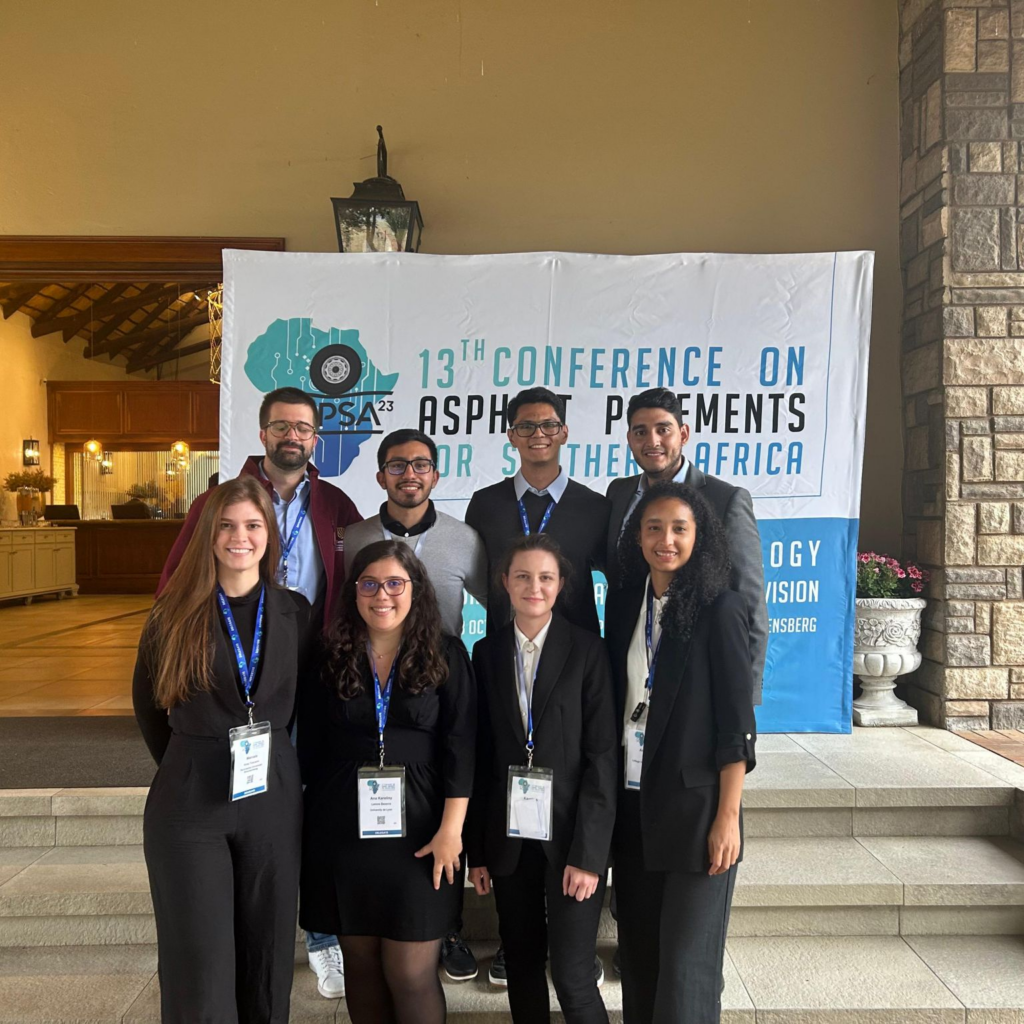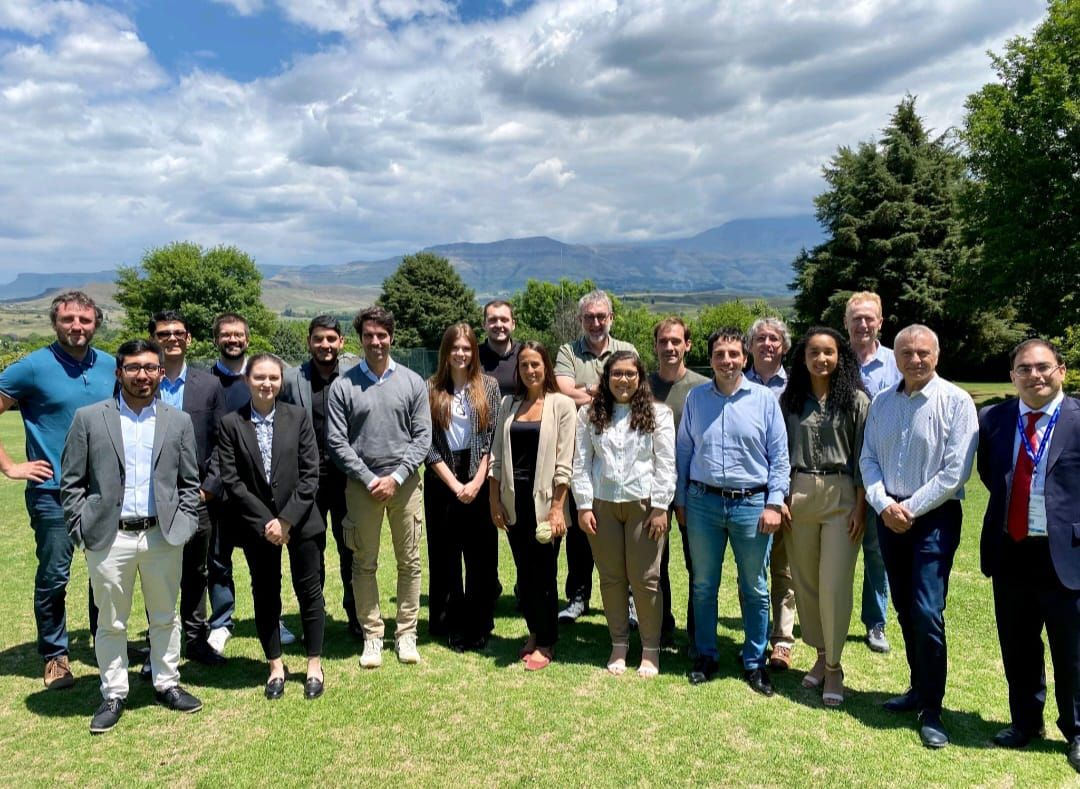CIRCOPAV has had its first Training Week.
The first CIRCOPAV Training Week took place from Sunday October 15th to Thursday October 19th. The Training Week composed by both the ISAP/APE Workshop and the Conference on Asphalt Pavements for Southern Africa 2023 (CAPSA2023), in Champagne Sports Resort Drakensberg, these events were followed by a CIRCOPAV meeting where the Doctoral Candidates presented their progress to the network. The theme for ISAP/APE was Circular Technology for Digital and Sustainable Roads while the theme for Capsa 2023 was Leading-Edge Technology to Underpin Sustainable Road Provision, in concert with this theme, up-to-date global approaches and technology were presented and discussed to boost proficiency in the provision of roads through optimal performance of flexible pavements.
The focus areas of the conference were as follows:
- Resilient road infrastructure.
- Assets preservation.
- Performance based binder specifications.
- Advanced design of flexible road pavements.
- Balanced asphalt mix design.
- Design of chip seal surfacing.
- Attainment of design objectives during construction.

The DCs were tasked with attending any and all lectures and workshop sessions they considered would help them in the completion of their Individual Research Project.
The DCs had the opportunity to come together and interact with international experts in this field, allowing them to broaden their knowledge and connections, with the final objective of providing the researchers with an advanced theoretical background from worldwide experts as well as methods and tools to carry out their own research projects.
Overall the DCs had the opportunity to meet international industry and academia experts and introduce themselves in this world.

